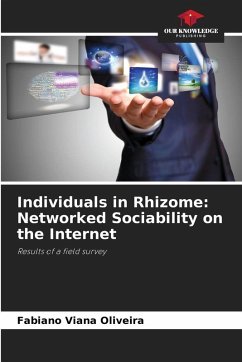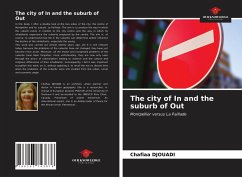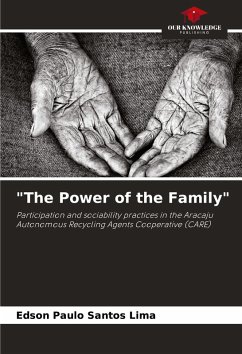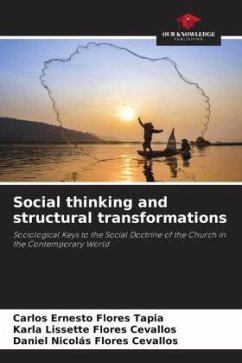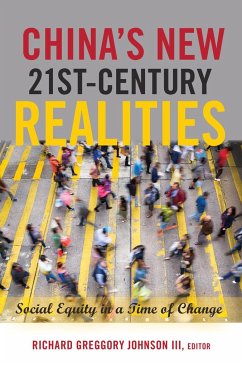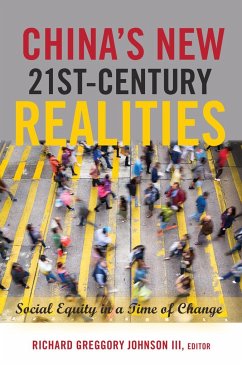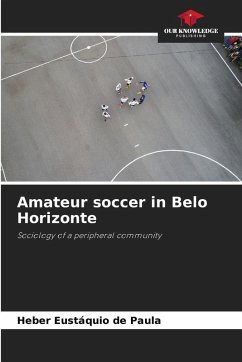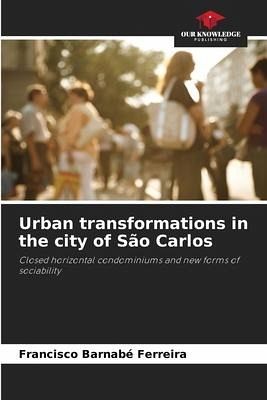
Urban transformations in the city of São Carlos
Closed horizontal condominiums and new forms of sociability
Versandkostenfrei!
Versandfertig in 6-10 Tagen
51,99 €
inkl. MwSt.

PAYBACK Punkte
26 °P sammeln!
The present book aims to analyze the recent growth process of the municipality of São Carlos - SP and the weave of its social relations in terms of urban occupation, which as of the end of the 20th century underwent substantive changes, especially with the implementation of closed horizontal condominiums in the peripheral regions of the city. These transformations are intrinsically linked to changes of use and the refunctionalisation of central spaces. The consequences of such modifications in the urban fabric have a direct impact on the lives of its inhabitants, who tend to exercise a more s...
The present book aims to analyze the recent growth process of the municipality of São Carlos - SP and the weave of its social relations in terms of urban occupation, which as of the end of the 20th century underwent substantive changes, especially with the implementation of closed horizontal condominiums in the peripheral regions of the city. These transformations are intrinsically linked to changes of use and the refunctionalisation of central spaces. The consequences of such modifications in the urban fabric have a direct impact on the lives of its inhabitants, who tend to exercise a more segregated occupation of the urban soil, aiming to get rid of the problems created by the swelling of the city centre, while this attitude creates new conflicts and inequalities around singular sociabilities, such as those observed in the gated horizontal condominiums, object of this research. Required reading for professionals in the area, as well as for all who seek to understand this new and overwhelming process: the advent of gated horizontal condominiums in Brazilian cities.



